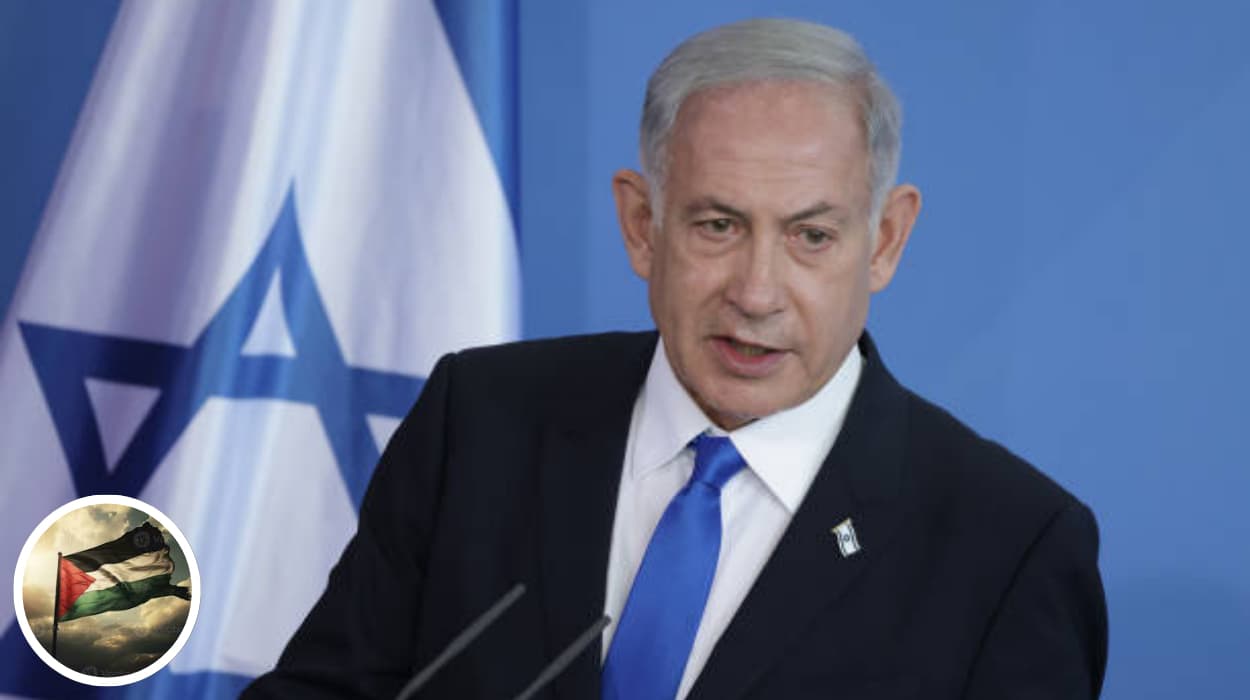Summary
- Israeli Prime Minister Benjamin Netanyahu is set to hold a high-level security meeting.
- The meeting aims to discuss an expansion of military operations in the Gaza Strip.
- This development follows escalating conflict and Israeli military actions in Gaza.
- Netanyahu has emphasized the need for strengthened security measures amid ongoing hostilities.
- The international community remains watchful, with concerns about further escalation.
- Security officials and military leaders will participate in the meeting.
- The meeting marks a critical juncture in Israel’s strategic response to the Gaza conflict.
Israeli Prime Minister Benjamin Netanyahu is set to convene a high-level security meeting to discuss the potential expansion of military operations in Gaza amid escalating violence. This meeting will bring together top military commanders, intelligence officials, and key cabinet members to evaluate current threats and consider intensified actions against militant groups operating within the Gaza Strip. The decision follows a recent increase in rocket attacks on Israel cities and retaliatory strikes, highlighting the ongoing volatility of the conflict. While the Israeli government prioritizes its national security, international observers express concerns about the humanitarian impact and regional stability that could result from an expanded conflict. The outcome of this meeting is expected to play a significant role in shaping Israel’s strategic response moving forward.
What is prompting Israel’s Netanyahu to convene this security meeting?
Israeli Prime Minister Benjamin Netanyahu is convening a security meeting to deliberate on expanding the Israeli military campaign in Gaza. The decision comes in response to a rise in violence and ongoing Israeli efforts to combat militant groups operating within Gaza. As reported by various news outlets, Netanyahu is focusing on reviewing and potentially intensifying military strategies to ensure Israel’s national security amid persistent rocket attacks and militant activities emerging from the Gaza Strip.
This summit is seen as an urgent step by the Israeli government to coordinate military and intelligence responses better, given the complexity of the situation on the ground. The government faces pressure both domestically and internationally to manage the conflict responsibly while addressing security threats effectively.
Who will be involved in the security meeting and what are their roles?
According to sources, the security meeting will include members of Israel’s top security and defense establishments. This group typically comprises senior military commanders, intelligence chiefs, and key members of Netanyahu’s cabinet specializing in defense and foreign affairs. Their role will be to provide assessments, share intelligence, and recommend operational plans.
The participation of these officials underscores the gravity of the potential decision to escalate military action in Gaza. They will evaluate the current security situation, weigh operational options, and discuss the broader implications including humanitarian concerns and international responses.
How has the Gaza conflict escalated leading to this decision?
Tensions between Israel and Gaza-based militant groups have intensified in recent weeks, with increased rocket fire towards Israeli cities and retaliatory airstrikes against targets within Gaza. This cycle of violence has contributed to mounting casualties and destruction, prompting the Israeli government to consider broadening its military scope.
Netanyahu has publicly navigated a difficult balance between demonstrating strength and managing conflict fallout. Recent statements from his office, as noted by journalists covering the region, suggest a policy shift towards more aggressive tactics aimed at dismantling militant infrastructure within Gaza. This shift reflects both a response to security imperatives and political pressures inside Israel.
What are the potential implications of expanding the Gaza war?
Expanding military operations in Gaza could lead to significant humanitarian consequences, including increased civilian casualties and displacement. International agencies and human rights organizations have expressed concern over the intensification of hostilities and the impact on Gaza’s civilian population.
On a geopolitical level, an expansion could strain Israel’s relations with neighboring countries and complicate diplomatic efforts aimed at achieving a ceasefire or peace dialogue. Regional and global powers are likely to monitor developments closely, potentially urging restraint to avoid further destabilization.
Israeli officials involved in the security meeting are expected to address these concerns as part of their strategic planning, although the primary focus remains on enhancing Israel’s security posture.
What statements have key figures made regarding the situation?
Journalists reporting on the story have quoted sources from Netanyahu’s office indicating a firm stance on defending Israeli territory and citizens. One source conveyed that Netanyahu “will not hesitate to take necessary actions to safeguard the nation,” emphasizing the urgency of the situation.
Military commanders have highlighted the need for “operational flexibility” to respond effectively to threats emanating from Gaza. Intelligence officials reportedly presented data underscoring the increasing sophistication and frequency of attacks against Israel.
International reaction remains mixed, with some governments urging dialogue and restraint, while others express understanding of Israel’s security challenges.
This comprehensive update incorporates details from multiple media reports and statements to provide an accurate and nuanced account of Israel’s planned security meeting under Netanyahu concerning the Gaza conflict. The situation continues to evolve rapidly, and the outcomes of the meeting will be pivotal in shaping the future course of the Israeli-Palestinian tensions.

